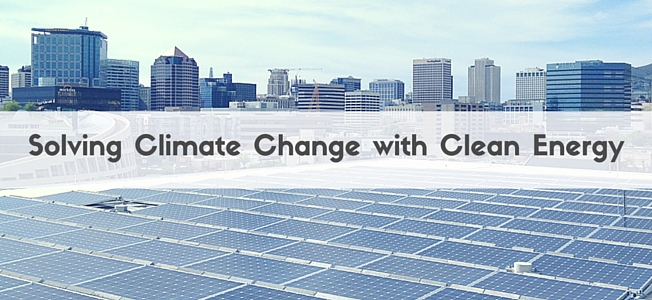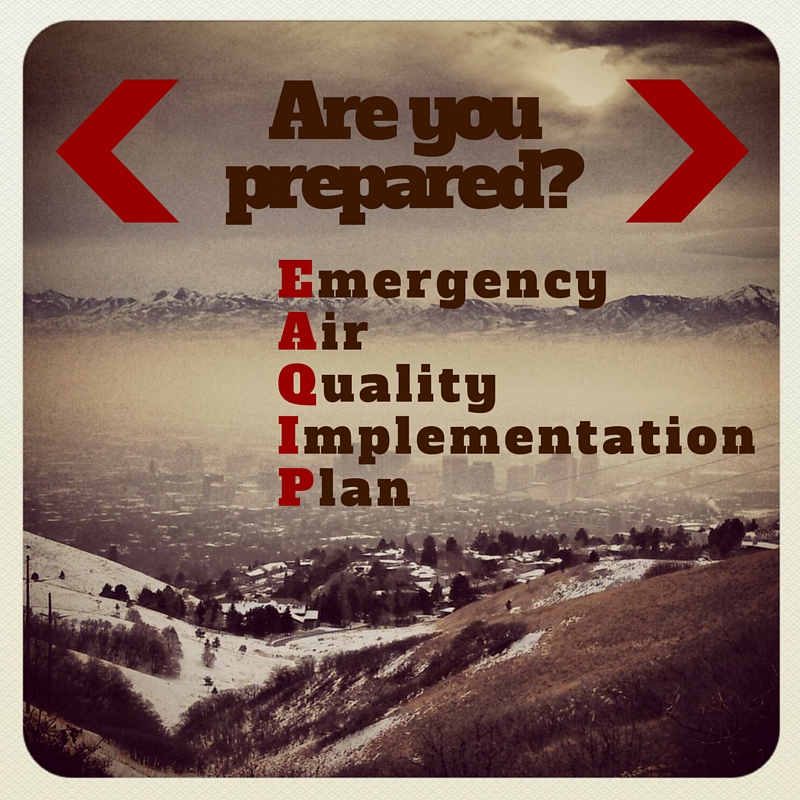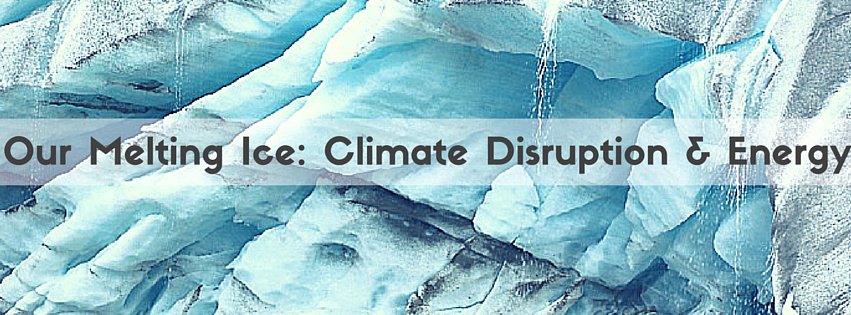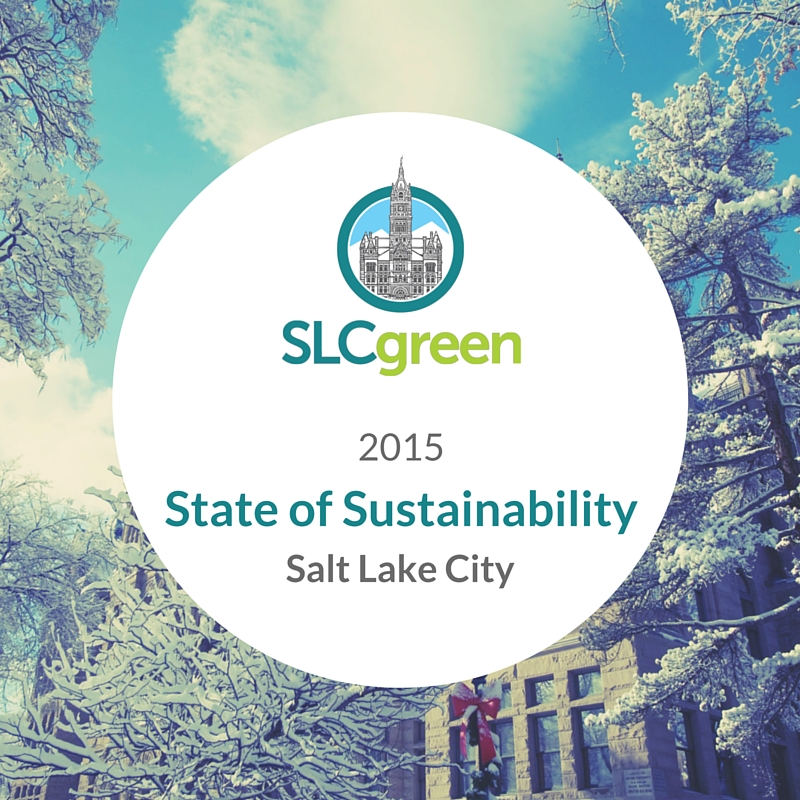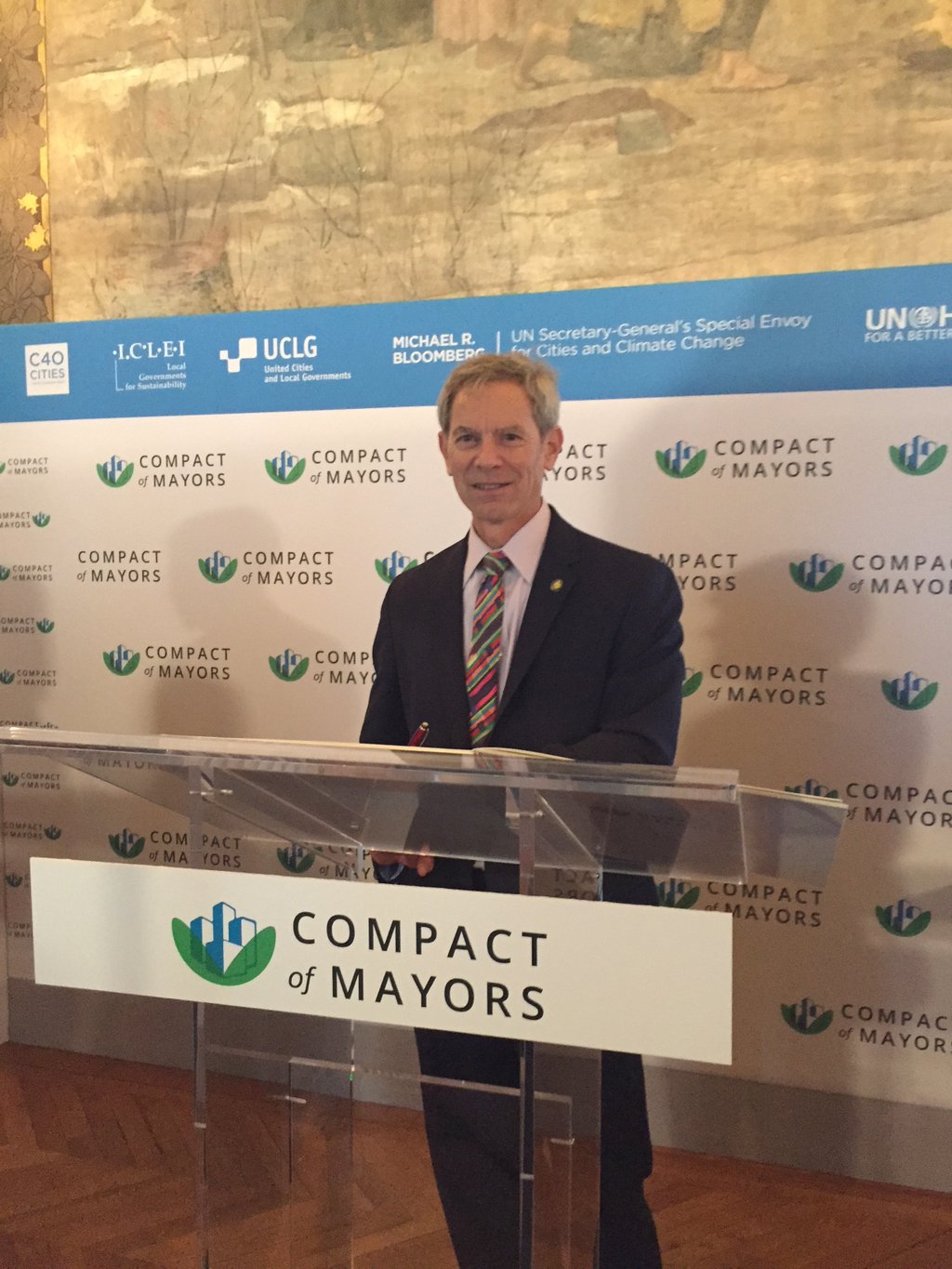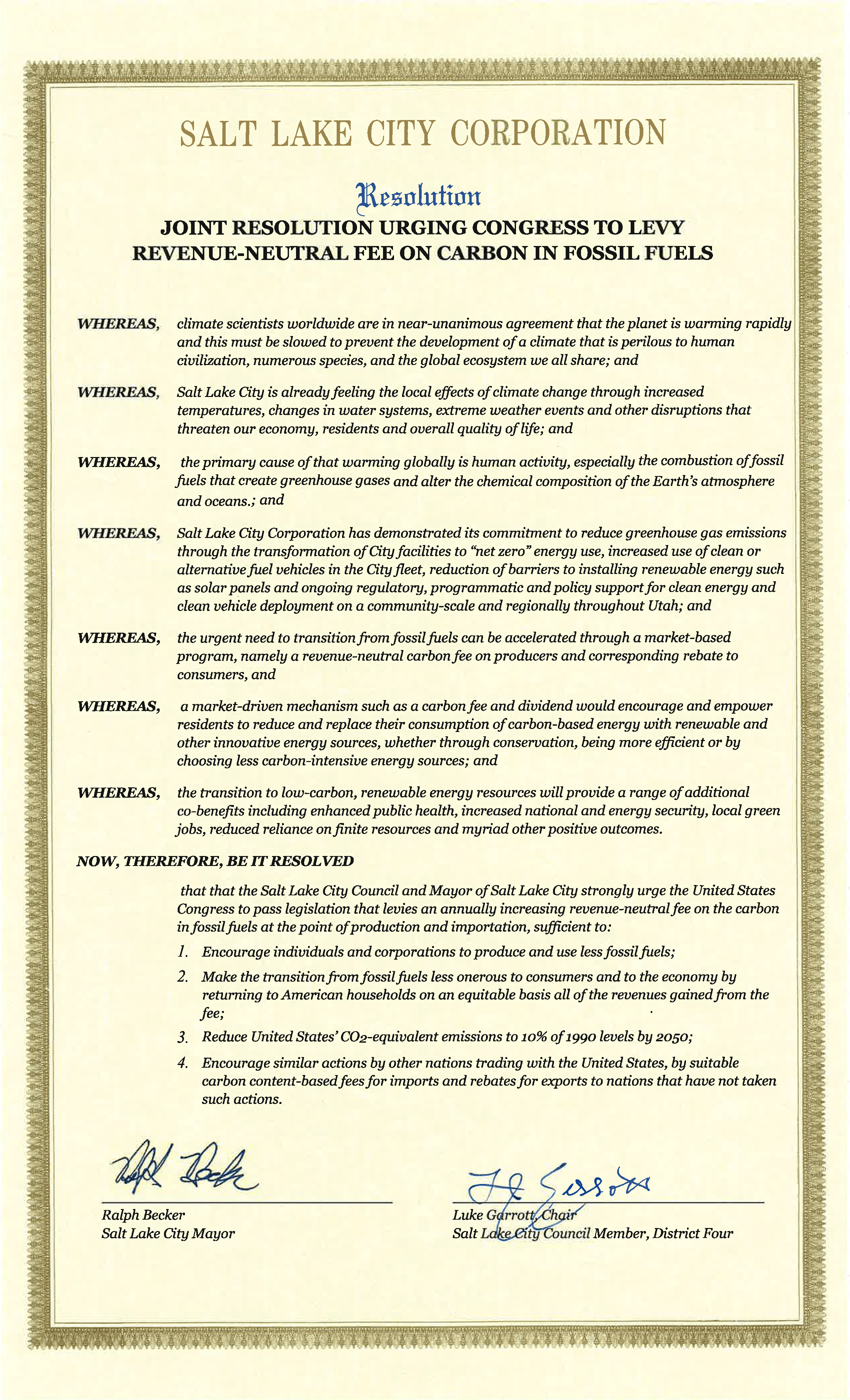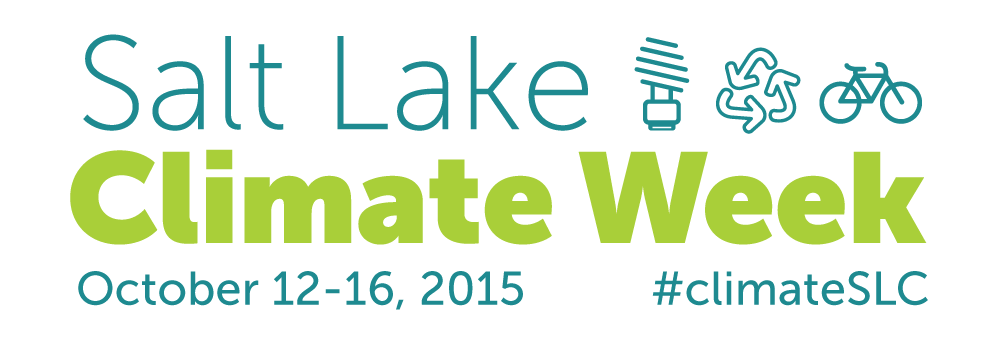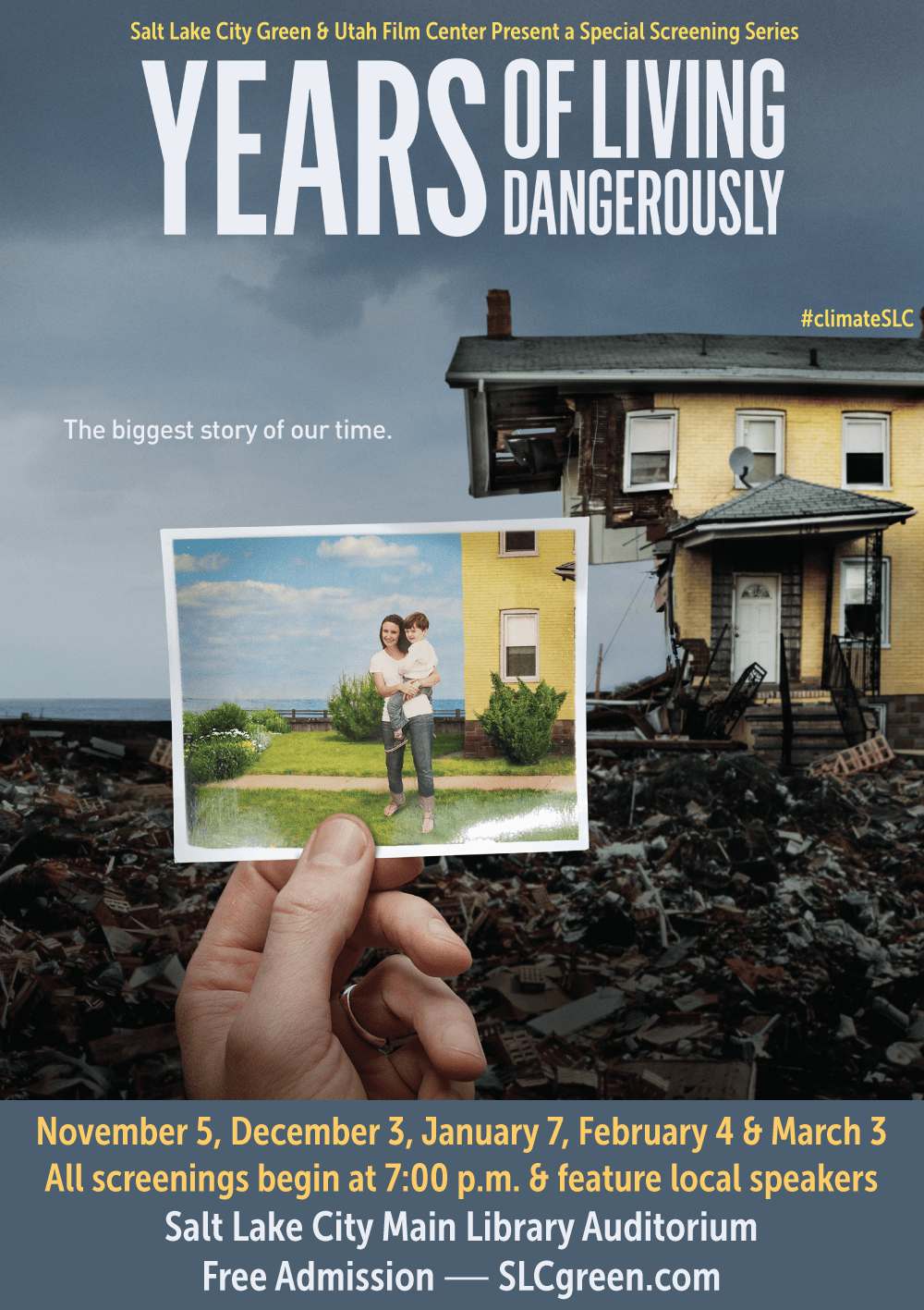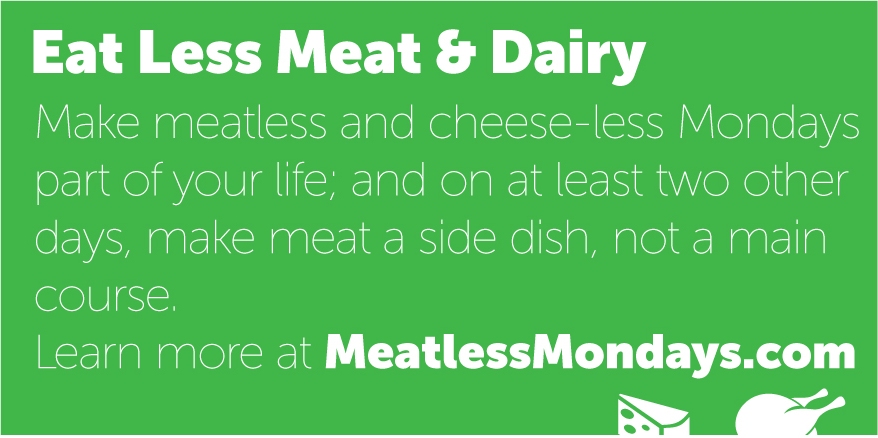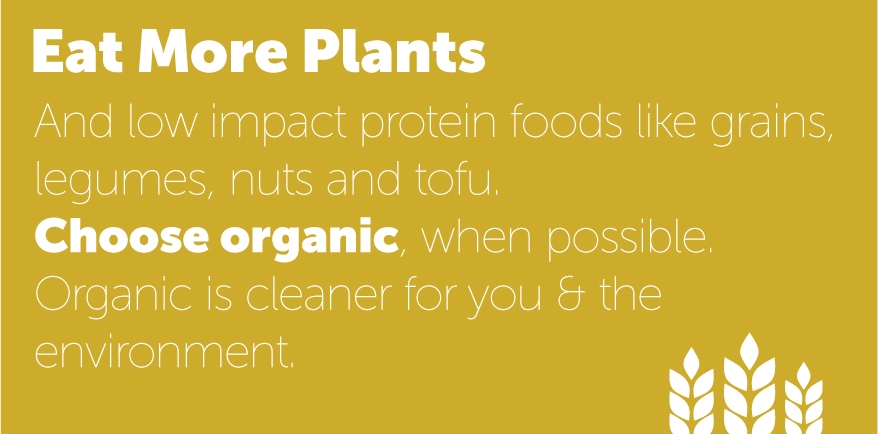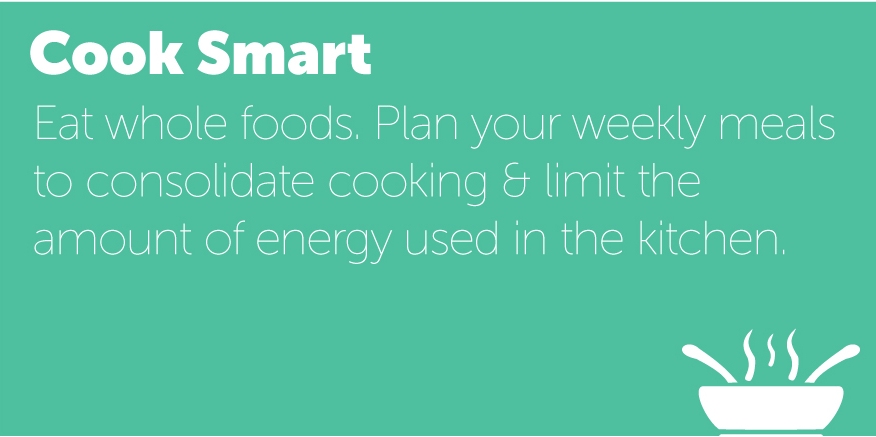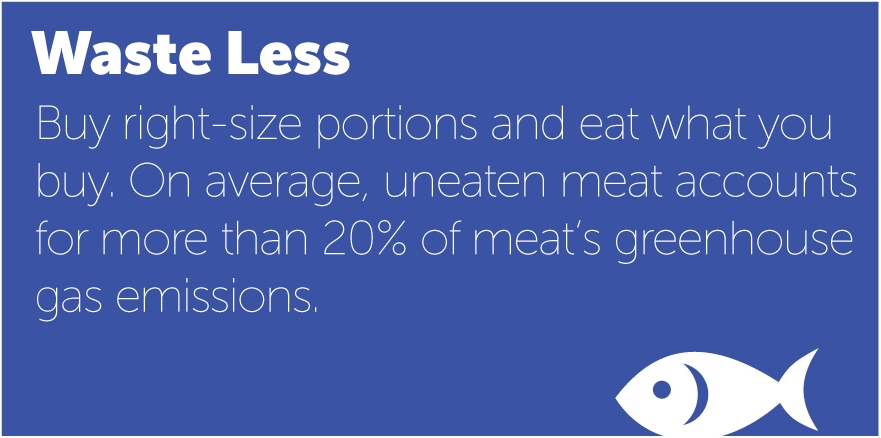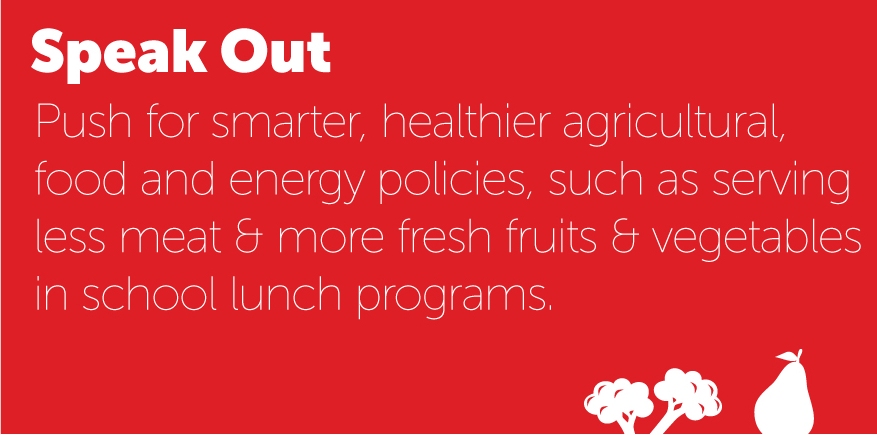It’s the 4th annual Salt Lake City Green Drinks + e2 Business event! The event will take place Wednesday, February 24th from 6:00pm-9:00pm at Cytybyrd Cafe and Restaurant in the City & County Building, 451 S State Street, Salt Lake City.
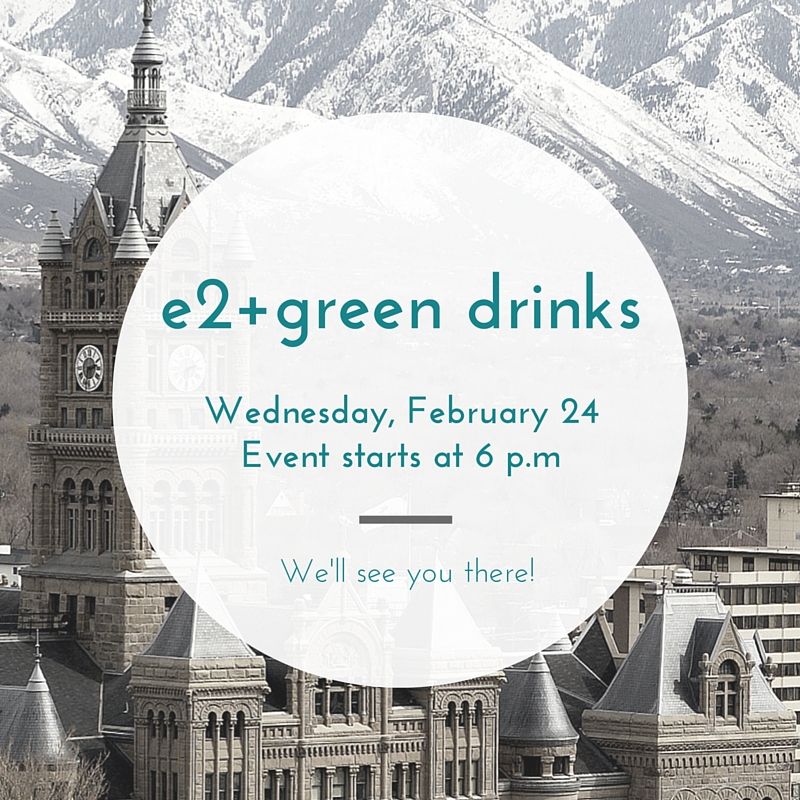
6:00 pm: Mingle and Network
Meet and greet with e2 businesses, have a drink and enjoy some light fare from Cytybyrd.
7:00 pm: Get Your Green Learn On! Learn about the e2 Business program from Peter Nelson and hear from Salt Lake City Mayor Jackie Biskupski.
All are encouraged to bike, ride UTA or walk to the event. The City & County Building is easily accessible from either the Library or Courthouse TRAX stations.
*$5-$10 requested donation
Salt Lake City’s e2 Business program is dedicated to helping Salt Lake’s business community run in a more environmentally and economically sustainable manner. The e2 Business program is entirely funded and managed by the City. Participation is free to any business located within Salt Lake City limits.
Salt Lake City Green Drinks chapter typically meets once a month and is an informal networking opportunity for people interested in sustainability to get together & talk “green.” If you’d like to receive invitations to events as a member of SLC Green Drinks, please email slcgreendrinks2@gmail.com to be added to the email list.

